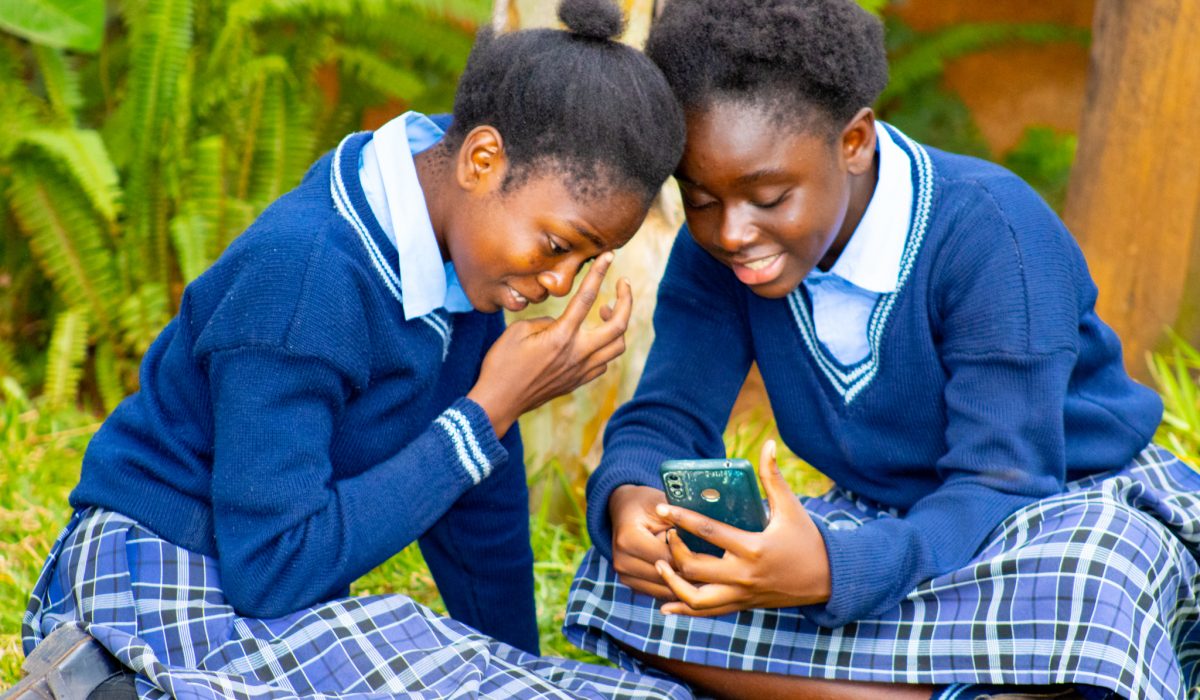
Image credit: Zambia Kids Online
Information and communication technologies (ICTs) are now an integral part of children’s everyday lives. While much of the growth in the use of ICTs over the past decade has taken place in developed countries, there is exponential growth taking place in developing countries as more and more children go online. The internet offers a wealth of opportunities for children to learn, play, develop new skills and expand their interests and circle of friends.
During the COVID-19 pandemic, all aspects of children’s lives increasingly moved online, including education and play. This shift into the digital world may also present a number of risks and dangers. To date, there is little written on online risks and harms to children within the Zambian context or on children and the internet more broadly.
The Zambia Kids Online study attempts to fill the above-mentioned gap for the first time. Zambia Kids Online comprised a detailed household study in three districts in Zambia: Lusaka, Livingstone and Ndola, collecting data from a randomized household sample of 988 children from nine to 17 years old (531 girls and 457 boys) and 999 parents (717 female and 282 male caregivers) in the three sites incorporating urban and peri-urban households. In addition, a number of focus group discussions were conducted with children through schools and childcare facilities. Data collection was undertaken by the Zambian Institute for Policy and Research (ZIPAR).
Data collection took place between October and November 2021 and was accompanied by a series of workshops with key stakeholders and partners, as well as with children. Involving children was crucial to ensuring that the data and findings fully represented their experiences and voices. It reflects the call made in Article 12 of the Convention on the Rights of the Child (CRC) and in the General Principles C.15 and D.17 of the General Comment No.25, which note the rights of the child to be heard and call for the voices of children to be central in decisions and policies affecting them.
The final report, incorporating recommendations for policy makers, service providers and children, was launched at a media breakfast in Lusaka on the 10th of May 2022, along with a snapshot of the study findings. The report is to be followed by a series of policy briefs, and a child-friendly version of the report, to be launched later in 2022.
Project team
Lead researchers: Patrick Burton and Miselo Bwalya (ZIPAR)
Project members: Sydney Sihubwa (ZIPAR), Anne Kanene (Save the Children Finland), Grace Mwendapole (Save the Children Zambia), Ruth Kapembwa (Save the Children Zambia)








